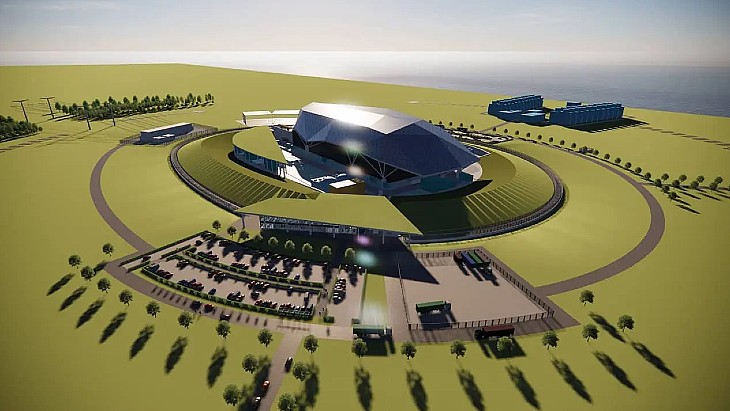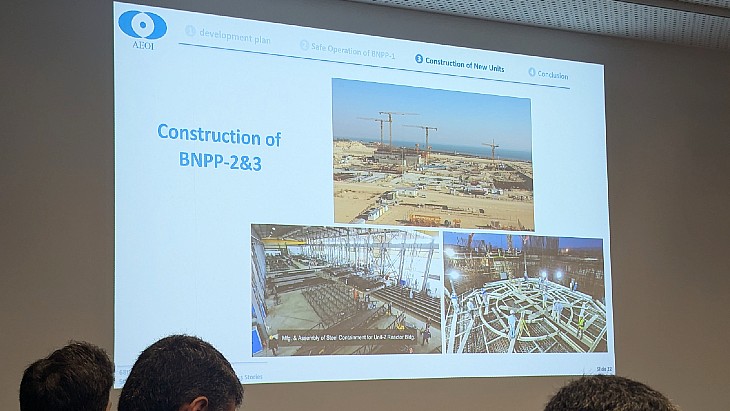Seattle-based USNC's Pylon microreactor is a containerised system capable of producing 1-5 MWe for up to three years. It has a lower mass than the company's Micro Modular Reactor (known as MMR) high-temperature gas-cooled reactor system. The system is designed to be easily transportable to off-grid locations both on Earth and in space: for terrestrial use, the system comprises separate nuclear heat supply system and balance-of-plant modules, each individually fitting within a standard 20-foot (6-metre) container.
PTT, based in Wiscasset, Maine, was formed in April 2012 and is focused on the development and deployment of advanced supercritical carbon dioxide (sCO2) turbine power generation, energy storage and propulsion systems.
In July last year, the company announced it had established a new subsidiary, PTT Nuclear Energy Systems, after it had "identified significant potential and opportunity for its breakthrough energy conversion technologies in the accelerating VSMR (very small modular reactor) and MMR (micro modular reactor) programmes (350 Kw – 10 MW), and a clear intermediate-term opportunity in the SMR (small modular reactor) 30 MW to 100 MW class range". At the time, PTT said it was "working to field a family of its proprietary modular sCO2 energy conversions systems with initial capabilities ranging from 350Kw to 10 MW".
PTT's energy conversion system - successfully developed and demonstrated in collaboration with Sandia National Laboratories' Brayton Laboratory - is tailored for advanced nuclear reactors. It offers enhanced efficiency compared with traditional steam and Air Brayton conversion systems, with a significantly reduced footprint. PTT's systems are 1.5 times the efficiency of steam with less than one-third the footprint, and over three times the efficiency of Air Brayton conversion systems.
"This collaboration represents a shared commitment to advancing nuclear technology and turbine systems for cleaner energy production," the partners said in a joint statement. "By combining USNC's innovative reactor design with PTT's world-record energy conversion efficiency, the partnership will result in a transformative reliable and scalable clean energy solutions."
In October last year, USNC was among three companies to be awarded US Department of Energy funding totalling USD3.9 million for front-end engineering and experiment design of their respective microreactor designs in a new test bed facility at Idaho National Laboratory (INL). The awards were made through the National Reactor Innovation Center, which has developed the front-end engineering and experiment design process to help industry partners progress more quickly toward first-of-a-kind testing of advanced reactors. The Pylon reactor is expected to be demonstrated at the Demonstration of Microreactor Experiments facility at INL by 2027.

.jpg)



_92619.jpg)


_84504.jpg)
_96167_68292.jpg)


